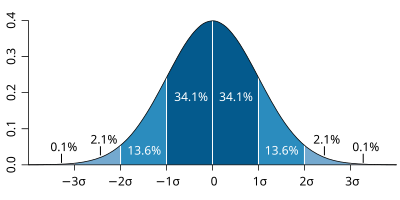It's also no surprise that I want to turn everything into a scientific study. For instance, a few years ago, one roommate and I had the brilliant plan of surveying everyone in our ward to determine if the perception that no one was dating was true or not. We came up with a list of about 100 questions that were intended to help us understand the perceptions and perspective of 'dating' among our peers.
The sad thing about all of this though is that I always get stuck on the statistics. How can I make sure my studies are sound? If I survey people, how do I know that the willing respondents are a good representative of the whole? There are always so many factors behind who responds and why. Can I trust the resulting data?
Now we will start in my story:
In January, during the Asian Cup, I carefully kept track of all the games that my Samurai Blues played and dutifully watched the matchcasts. However, matchcasts are nothing like watching actually games. You stare at your computer screen and wait for one line or two every few minutes that says things such as, "Shinji Okazaki attempts a goal but it hits the cross bar." or "Makoto Hasebe suffers a foul." You read it, and then keep waiting. I would examine as many of the statistics as they gave me to sort of determine how possession was playing out, how each player was performing but honestly, those don't give you the best picture. (Especially if you are an amateur at soccer spectating) Most of that waiting then was just nervous anticipation; I had no idea how things were going to go.
As a result, I would do other soccer-related things to occupy myself. One of those was to start taking down personal statistics of the players themselves. I would look up each player on the team and read their Wikipedia article and then search to see if any of them wrote blogs.
I started to notice that a lot of players were married. In fact, I was pretty curious because it seemed every soccer player around my age was married. For some reason, that struck me as odd. So my nerd brain started working and I started a spreadsheet detailing the marital status of the players and the number of kids they had. I ordered them according to birth year and alphabetically within the birth year. And despite the fact that this is perhaps one of the weirdest whims of my love for Japanese soccer, I keep it updated with the current active team.
 |
| All of these men are married except one. Can you guess which is not? Image from Fifa.com |
 |
| Usami and his wife landing in Germany |
I was so excited to prove my theory with statistics and numbers. So I did a few calculations, make a few pie charts to support my theory. It was all going splendidly until I searched for the standard deviation for the marrying age of Japanese men. 5.3 years. Which means that those 24 year old married men on the team aren't oddities but are within the bounds of "average" and normal. Even a 19 year old Usami is within reason. Now a 13.7 year old married Japanese soccer player might turn some heads but frankly, any 13.7 year old married person would.
 |
| Image from Wikipedia. |
Silly statistics. Silly me.
No comments:
Post a Comment